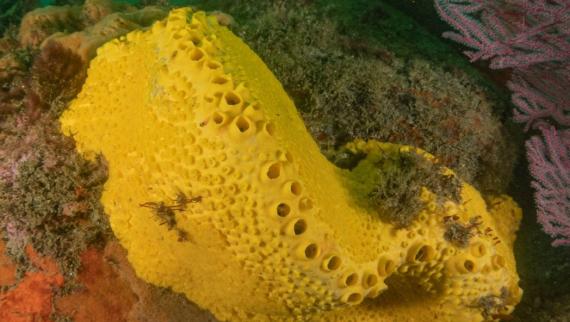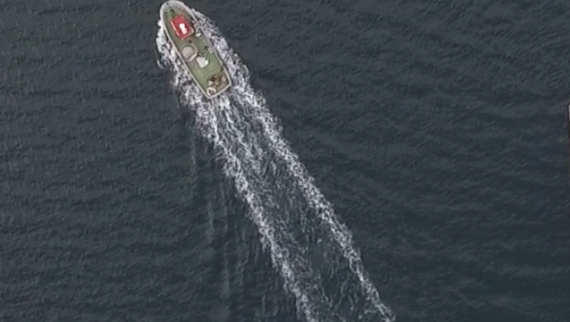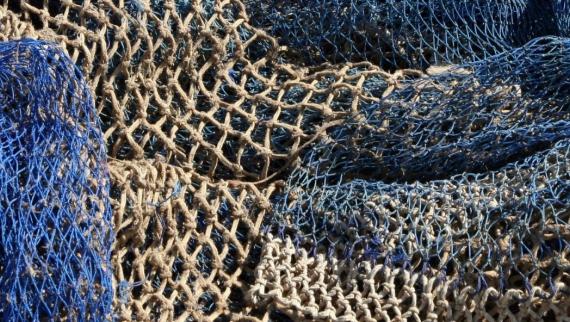Movescapes, connectivity hotspots and eco-evolutionary dynamics: protecting the functional role of predatory coastal fishes
Description
We aim to fill a critical knowledge gap relating to the movement dynamics and protection of predatory coastal fishes. These are species that may move to an extent where they are not efficiently protected within the borders of current marine protected areas in Europe. This is unfortunate, since mobile coastal predators can play a crucial role in facilitating ecosystem productivity and resilience to environmental change, and even to promote genetic diversity at lower trophic levels. At the same time, these usually larger species are a priced catch in many fisheries and often suffer from size-selective overharvesting that may drive fisheries-induced evolution away from natural adaptations. Also, their movement dynamics tend to be poorly understood since current monitoring networks are typically designed to quantify behaviour at smaller spatial scales. In the MOVE project, we will combine fish tracking technology across multiple spatial scales with a novel eco-evolutionary perspective on fish movescapes. By adding larger-scale monitoring arrays, we aim to identify connectivity hotspots and movement corridors characterising predatory coastal fish that may have diverse functional roles in coastal ecosystems. We anticipate that a significant transnational added value will be achieved by applying a common and unifying theoretical framework, and a common approach for empirical data collection to multiple European coastal systems that include both current MPAs and plans for more coherent networks of MPAs at larger spatial scales. Further strengthening this value, we will analyse data on several coastal predatory fish species that may have comparable functional roles across systems. We will also analyse existing data sets on inter- and intraspecific variation in movement dynamics of coastal predators inside and outside current MPAs. This way, we aim to elucidate the benefits of current levels of protection from an ecoevolutionary perspective by combining information about individual fish movements and fitness. Based on the same information, we will also investigate potential cost such as increased predation pressure and possible displacement of traditional artisanal- and recreational fisheries. We will work in close collaboration with agencies responsible for governance and management of current MPAs as well as the transition to future networks of MPAs that will benefit coastal ecosystems and societies at larger scales. We anticipate that knowledge resulting from our project will feed directly into their strategy for MPA development, for instance by protection of essential connectivity hotspots. Lastly, we will bring in local fishers to participate in tagging and tracking operations. We believe that our combined efforts will result in true co-production of new knowledge and applications.
Principal investigator
Team











